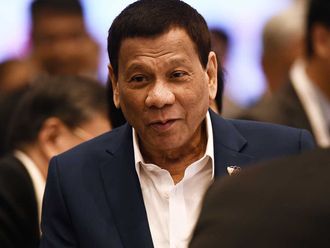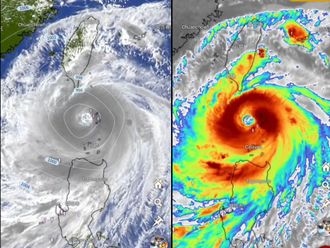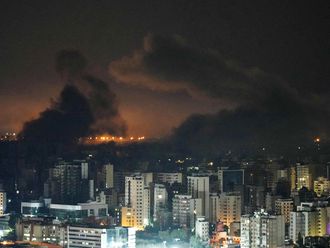Manila: The Philippines is working towards providing tens of millions of Filipinos with government provided health coverage, especially for the underprivileged.
Vice President Jejomar Binay, in a recent speech he gave at the 62nd Annual Convention of the International College of Surgeons in Manila on Friday, said the Department of Health is making efforts to provide wider health care coverage to Filipinos.
"This will benefit people from all economic strata, but the poor, most especially, shall find better lives because of it," Binay said.
Previously found only in welfare states such as those in socialist and more economically advanced countries, universal health care programmes are increasingly being adopted by developing countries to safeguard their human resource and at the same time boost their productivity.
In the Philippines, universal health care is provided by the government through PhilHealth.
Made mandatory during the late 1990s for all private sector workers, including those working overseas, PhilHealth coverage remains inaccessible to those outside the realm of conventional employment such as those engaged in informal livelihood such as vendors and the like.
Aside from this, PhilHealth can only shoulder a small fraction of a patient's bill. The rest, will have to be paid by the policy holder.
Binay said that under the government's Kalusugan sa Pangkalahatan (Healthcare for All), a programme initiated by the Department of Health (DOH), universal PhilHealth coverage will be given to all Filipinos and in the process, reduce their financial risks.
"To pursue this track, the DOH shall tap private public partnerships to encourage more people to become part of PhilHealth, and to assist PhilHealth in improving its services for its members. Under this approach, these objectives can be accomplished at no added cost to the corporation," he added.
During his Vice Presidential bid, Binay had vowed to provide Filipinos with a free health coverage similar to the one that he had initiated in Makati City, Metro Manila's premier suburb which he had served as mayor for several years.
Binay said the DOH had initiated a monitoring programme that measures the effectiveness of health reforms initiated by cities and municipalities across the country.
"Within this program, LGUs (local government units) are assessed through their efforts in implementing health reforms. The resulting scorecards will offer government and public health officials insights on which areas they can improve on, particularly in the prevention and treatment of non-communicable diseases, access to medicine and health services, the modernization of health facilities, the expansion of child and maternal health care, the adequate allocation of budget for health, and the improvement of LGU internal and sectoral management," he added.












